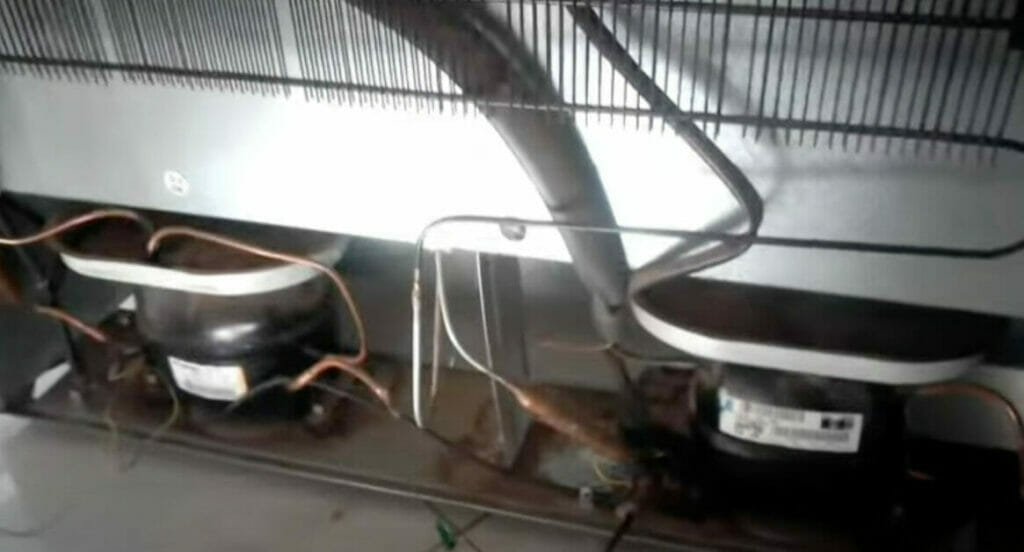How to Stop a Refrigerator from Tripping a GFCI Outlet
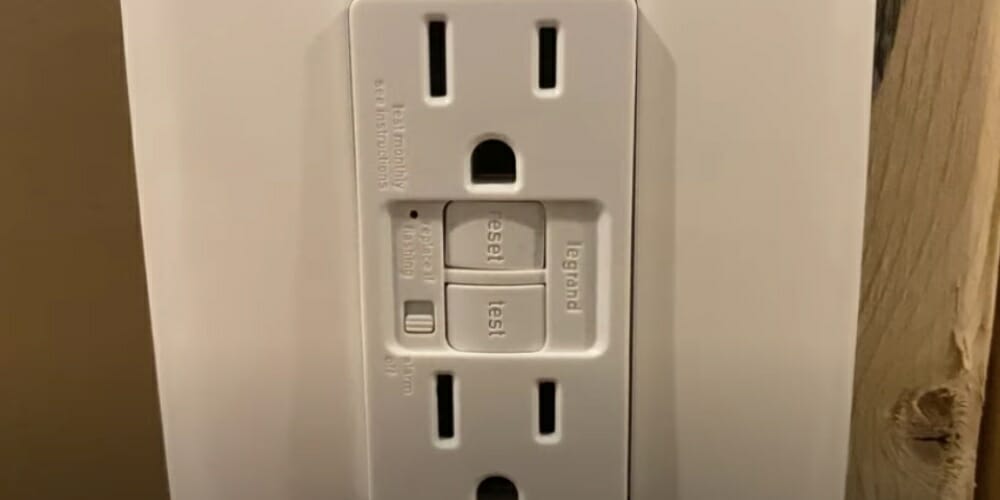
Are you looking for a way to stop your refrigerator from tripping your GFCI outlet?
If so, this article explains why this might be happening and what you can do about it. A persistently tripping GFCI outlet connected to a refrigerator can be frustrating because a refrigerator is one of those essential household items you must always keep on. It would be best to stop it from tripping because otherwise, it will spoil your food.
To stop a refrigerator from tripping a GFCI outlet, ensure that the outlet and cord are dry and that the fridge is not exposed to excess condensation or melting ice. Then reset the GFCI outlet. Additionally, you may have to check the plug, cord, and circuit breaker, open the outlet, or check the refrigerator’s wiring.
I also cover more common reasons why the GFCI outlet may have tripped so that you can ensure it only happens when you need the protection it can give without being a nuisance.
When Your Refrigerator Trips, The GFCI Outlet
When a refrigerator trips the GFCI outlet, the refrigerator turns off. You may notice this by its light going off.
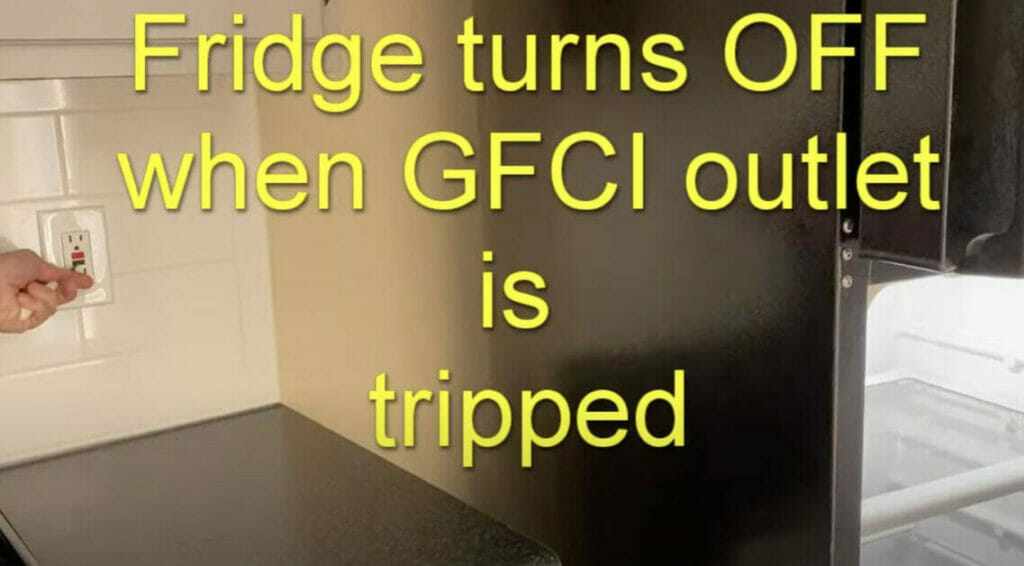
What to Do When the GFCI Outlet Trips
I show how to reset the GFCI outlet and other things to check. You can do them roughly in this order unless you have reason to suspect a particular part of the system:
- Check 1: Reset the GFCI Outlet
- Check 2: Check the Plug
- Check 3: Check the Cord
- Check 4: Check the Outlet
- Check 5: Check the Circuit Breaker
- Check 6: Check the Refrigerator’s Wiring
Check 1: Reset the GFCI Outlet
The first thing you might want to do when a GFCI outlet trip is reset.
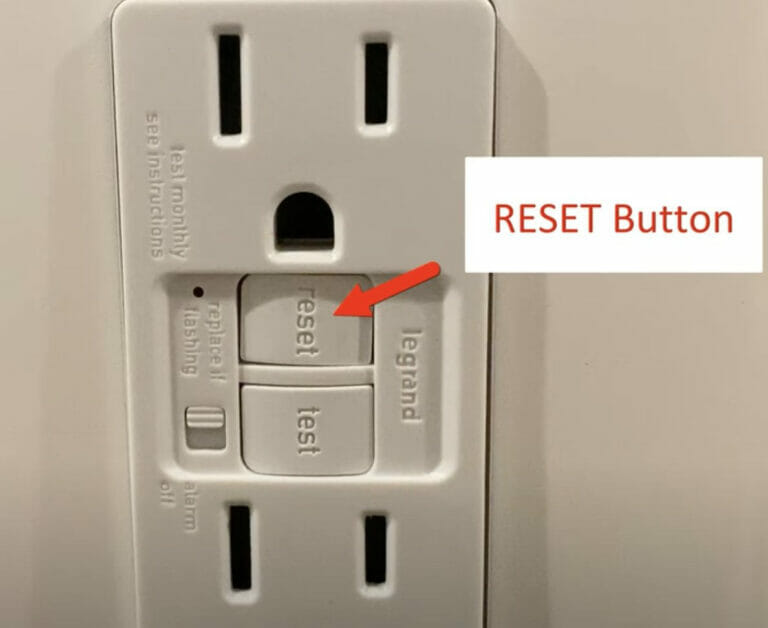
You can easily reset a GFCI outlet by pressing the ‘RESET’ button.
However, it might trip again if the underlying causes persist and is not dealt with. If this happens, you must check a few more things.
Check 2: Check the Plug
Check the prongs on the power plug.
They should be completely dry. They should not be loose, damaged, or rusty either.
If you notice any of these issues with the power plug, don’t plug it back in:
- If there is moisture, you must open it and dry it thoroughly.
- If there is a loose connection, you must open it and tighten it.
- If other reasons (damage or rust) apply, you should replace the outlet.
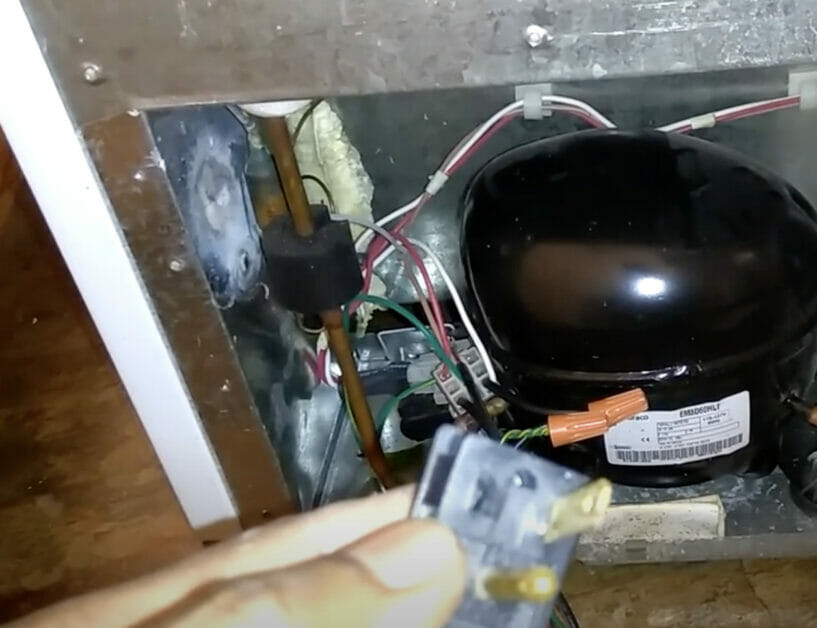
Check 3: Check the Cord
Besides the plug, you should also check the refrigerator’s power cord.
There should be no sign of moisture or damage anywhere along the cord. Unplug the cord and inspect it carefully for any such sign. It could be worn-out insulation, a tiny hole, or rodent bite marks.
Ideally, replace the entire cord if you notice any of these issues. Otherwise, you should at least cut out the damaged portion, make a new joint, and then insulate it well.
Check 4: Check the Circuit Breaker
Apart from the GFCI outlet, you should check the circuit breaker if it needs replacing.
Circuit breakers (usually inside the main electrical panel) are reliable devices that can wear out over time. If you notice any corrosion or cracking, it’s not a good sign. Replace the breaker right away.
Check 5: Check the Outlet
If you’ve ruled out the plug and cord, i.e., they are both fine; it might be worth checking the outlet itself.
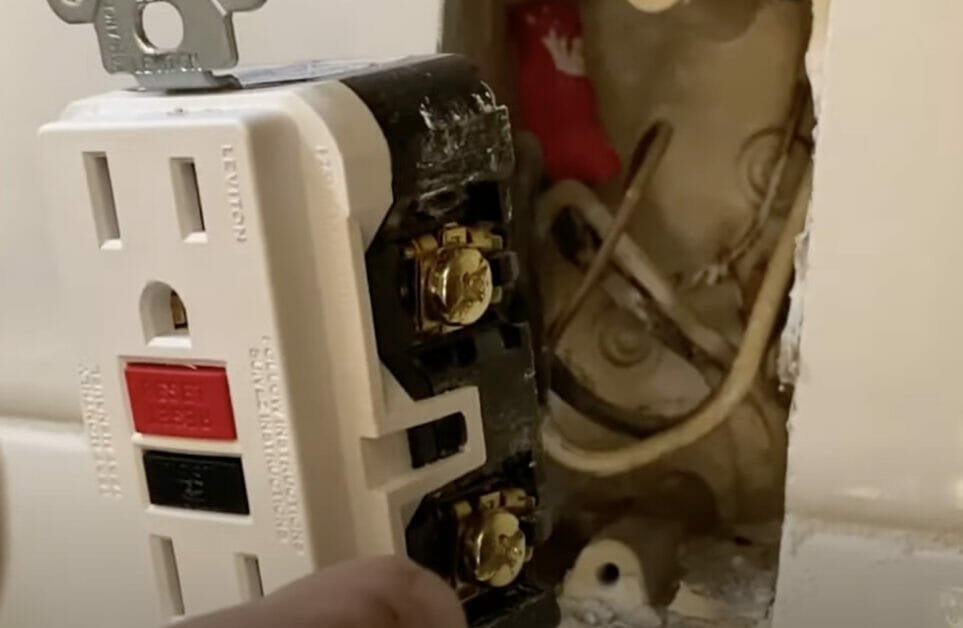
Before checking the outlet, disconnect the power at the main panel. The circuit breaker should be switched off.
GFCI outlets are generally reliable devices, but their wires and connectors are vulnerable. When you’re sure it’s powered off (you can use a voltage tester to confirm), please open it and check for any signs of loose connections, burn marks, or other damage.
You can usually tighten the loose connections, but if you notice burn marks or other damage, you should replace the outlet.
Check 6: Check the Refrigerator’s Wiring
If all the above checks fail to reveal the cause and the tripping is frequent, you may have to check the refrigerator’s wiring.
You will have to open the lower back part of the refrigerator and inspect the wires inside. There might be loose connections, worn-out insulation, or damaged wiring. If your inspection confirms that this is the case, you will have to either repair or replace them. If you’re unsure how to do this, call a refrigerator electrician.
Reasons for GFCI Outlets Tripping
GFCI outlets are an advanced type of outlet that offer greater protection than regular outlets.
They are designed to trip easily in various situations that result in a ground fault. I cover some common reasons below.
Circuit Overload
An overload on the circuit is a very common cause of a GCI outlet tripping.
If you’ve plugged too many other appliances into the same circuit as the refrigerator, it may have created an overload and caused the tripping.
Inductive Loads
Refrigerators with moving parts have inductive loads. When the load is off, it produces EMI (electromagnetic interference), which can lead to temporary power failure and trip a GFCI outlet.
Snubbers can minimize this impact when installed between the refrigerator and the GFCI outlet. They are residual current devices that reduce EMI/RI across contactor coils. They reduce the EMI interference by creating greater resistance on the ground connection.
Also, a special GFCI breaker can be used instead of a normal one. Otherwise, there is always the option of using a regular outlet instead of a GFCI one, which is fine if it’s a dedicated circuit.
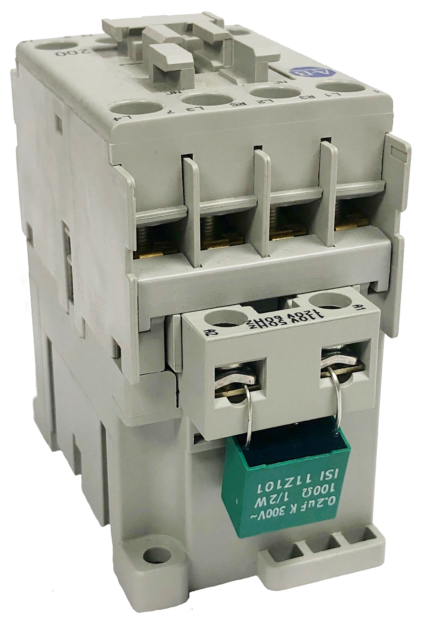
High Sensitivity of GFCI Outlets
GFCI outlets can trip when there is even a slight surge in current.
When this happens unexpectedly, and for no apparent reason, it’s called “nuisance tripping.” GFCI outlets connected to refrigerators are vulnerable to tripping because refrigerators have inductive loads and require a lot of power to start their cooling cycles.
Earth Leak due to an Internal Fault
An earth leak due to an internal fault within the refrigerator can also cause the GFCI outlet to trip.
An earth leak occurs when electricity escapes along a different path to the ground. It might be due to melting ice getting into a component that should be kept dry or a fault with the component itself. Such internal faults include a faulty fan, compressor, or defrosting heater.
A fan issue is common in no-frost refrigerators. The fans circulate cold air inside but can develop a leak or be clogged with dirt and need cleaning.
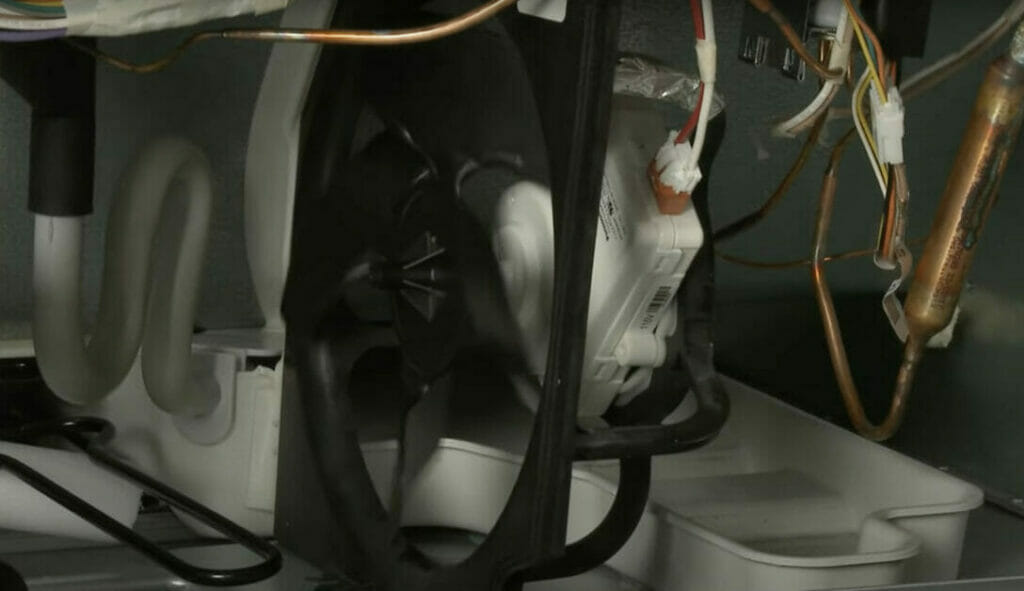
Refrigerator compressors are also prone to earth leaks. To check if this is happening, disconnect and start the refrigerator without it. It may be inaccurate if it operates normally without the compressor.
Although defrost heaters help prevent ice buildup inside, they can also leak current. Unplug the refrigerator before it restarts. If it doesn’t trip, the defrost heater may be faulty and need replacing.
Damaged wiring can also cause an earth leak or short circuit, which would trip the GFCI outlet and the circuit breaker. It’s a safety mechanism to prevent electric shocks.
Short Circuit
A short circuit is usually created in a refrigerator when two wires are not supposed to be in direct contact touch one another.
It would cause a sudden spike in current. You may have to check the refrigerator, the outlet, the main panel, and the wiring to locate where the short circuit happened.
Reference
Snubber: https://www.industrysolutions.us/SNUBBER—RC-device-to-reduce-EMIRFI-across-contactor-coils-for-using-radio-controls-or-plcs-on-electrical-panels-sold-in-bags-of-25-ea_p_87.html.
Video References
HandyHaitian
Just for You
KaraaNi electricals and electronics
RepairClinic.com
Ryan Homes

